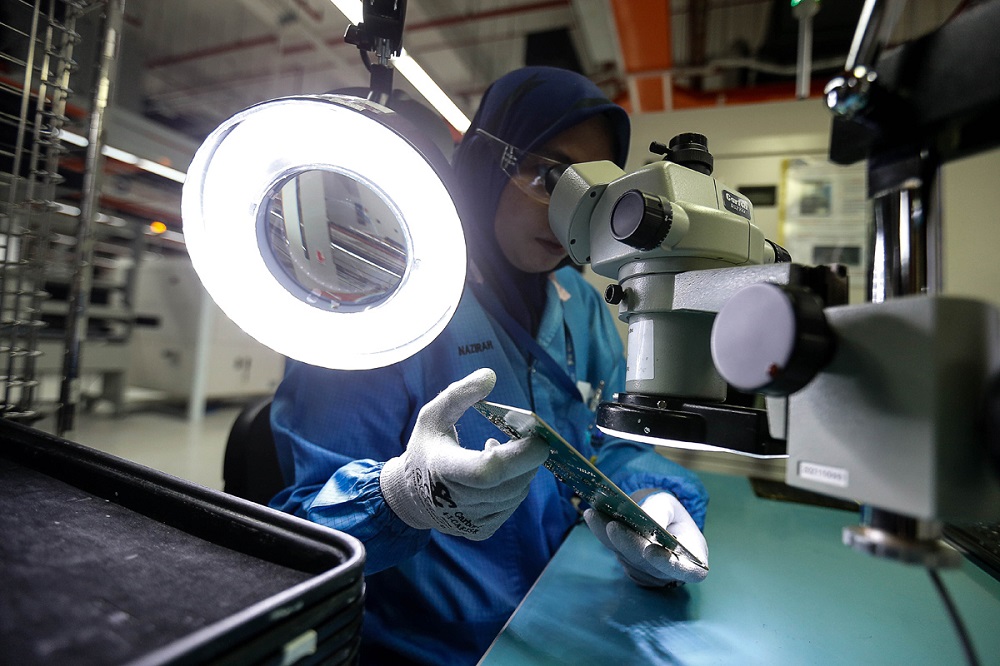KUALA LUMPUR, May 4 — The local manufacturing sector was an unsurprising victim following measures taken to contain the Covid-19 outbreak, as market analysts IHS Markit released a report today indicating sharp a decline in revenue and production volumes.
A report by IHS gauging the Purchasing Managers’ Index (PMI), a value indicating an index of the direction of economic trends revealed how the manufacturing sector scored 31.3 in April as opposed to 48.4 in March this year, the sharpest performance decline since data collection began in 2012.
The report cited local and global restrictions enforced to contain the pandemic as the main factors contributing to the industry’s latest performance, with restricted demand leading to producers operating below its full capacity.
IHS asserted that several goods producers were even forced to completely suspend output, in part caused by insufficient manpower and the lack of new projects and purchase orders, causing an unprecedented rate of decline in the supply chain.
“It’s no surprise to see that measures taken to contain the Covid-19 outbreak led to a sharp fall in manufacturing activity in April. Domestic demand was hit hard by containment measures and production at many firms was curbed by business closures,” said Chris Williamson, IHS Markit’s Chief Business Economist
“Export demand meanwhile collapsed as governments around the world took drastic action to prevent healthcare systems from being overwhelmed,” he wrote in a statement released along with their findings.
Other observations included how around 83 per cent of companies reported decreased orders from foreign customers, stemming from limitations enforced on transportation and the delivery of goods and materials.
“The combined effect of lower production requirements and longer vendor delivery times led to the sharpest drop in purchasing activity in the survey history during April.
“Stocks of inputs also fell markedly as firms tightened their inventories to contain costs,” read the IHS statement.
The report also observed how price trends had dropped as an effect of the strained production lines, with prices of raw materials falling in April as compared to March due to weak demand.
As for firms maintaining their workforce, IHS observed that around 95 per cent of companies managed to retain its staff and reported unchanged numbers in employees.
“It was reassuring to see only a modest fall in employment, as the vast majority of firms held on to staff to safeguard longer-term production capacity. Business expectations for the year ahead also ticked higher, as more companies saw prospects improve.
“In that respect, with increasing numbers of governments looking at ways to ease Covid-19 restrictions, it’s likely that we will soon see the rate of export decline moderate, helping drive a recovery in production.
“A recovery is nevertheless likely to be sluggish, as global demand looks set to remain relatively subdued for some time,” said Williamson.
Malaysia today begins its conditional movement control order (CMCO) in a move to restart its economy, which Putrajaya claimed has cost the country RM2.4 billion in daily losses since mid-March.
Almost all economic sectors and businesses will be allowed to reopen starting today, subject to strict conditions, following the announcement by Prime Minister Tan Sri Muhyiddin Yassin just three days ago.



















